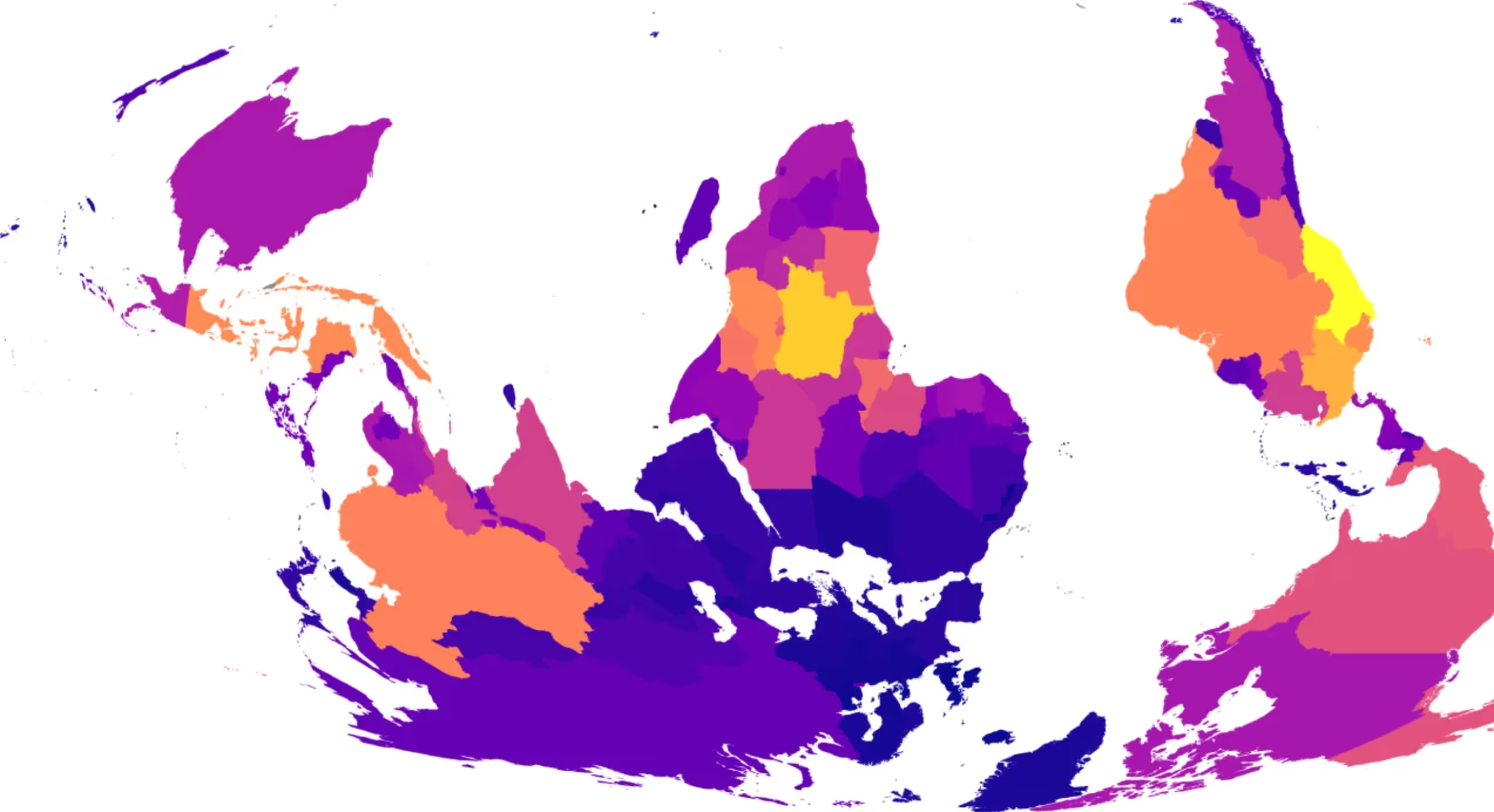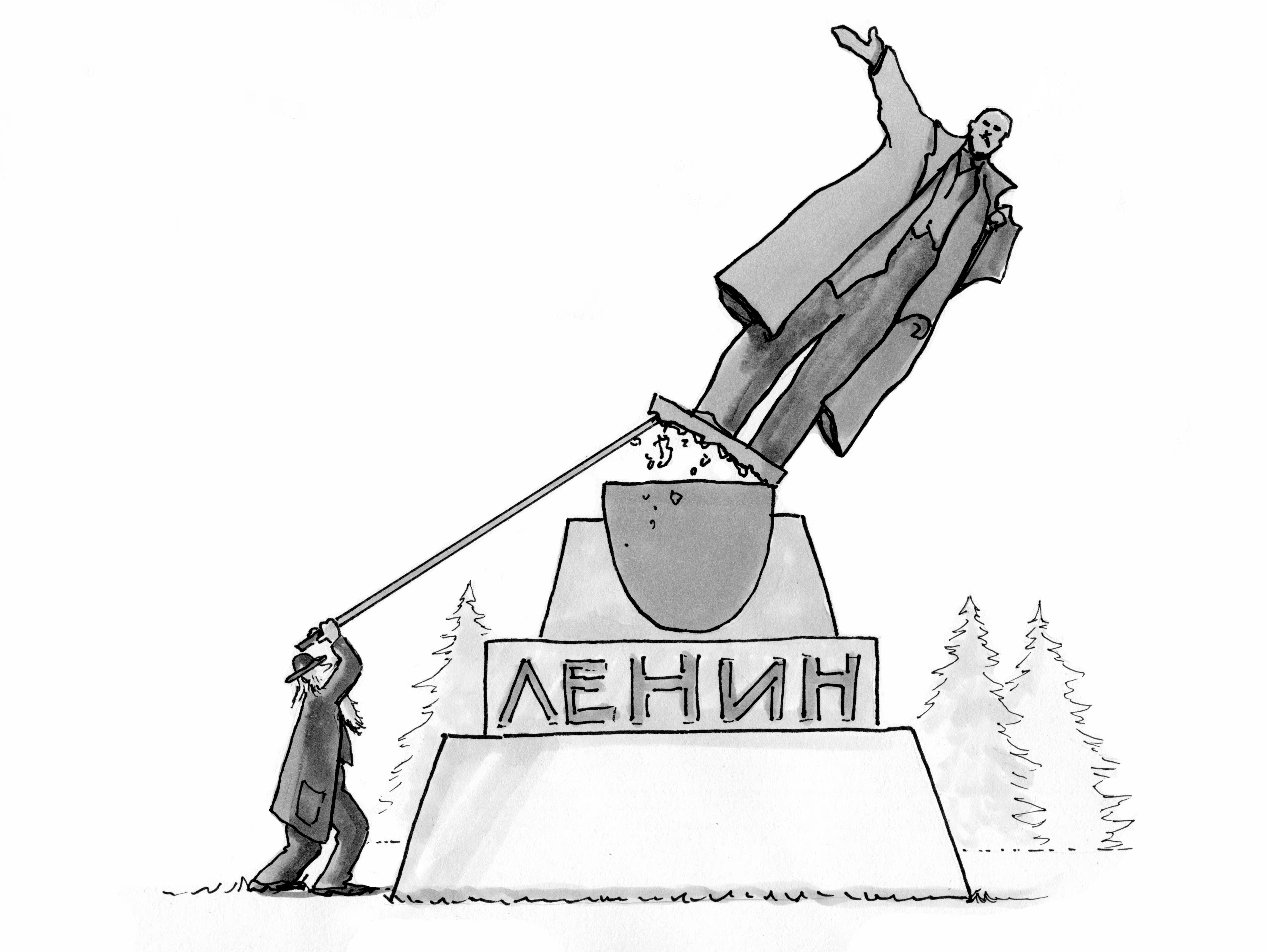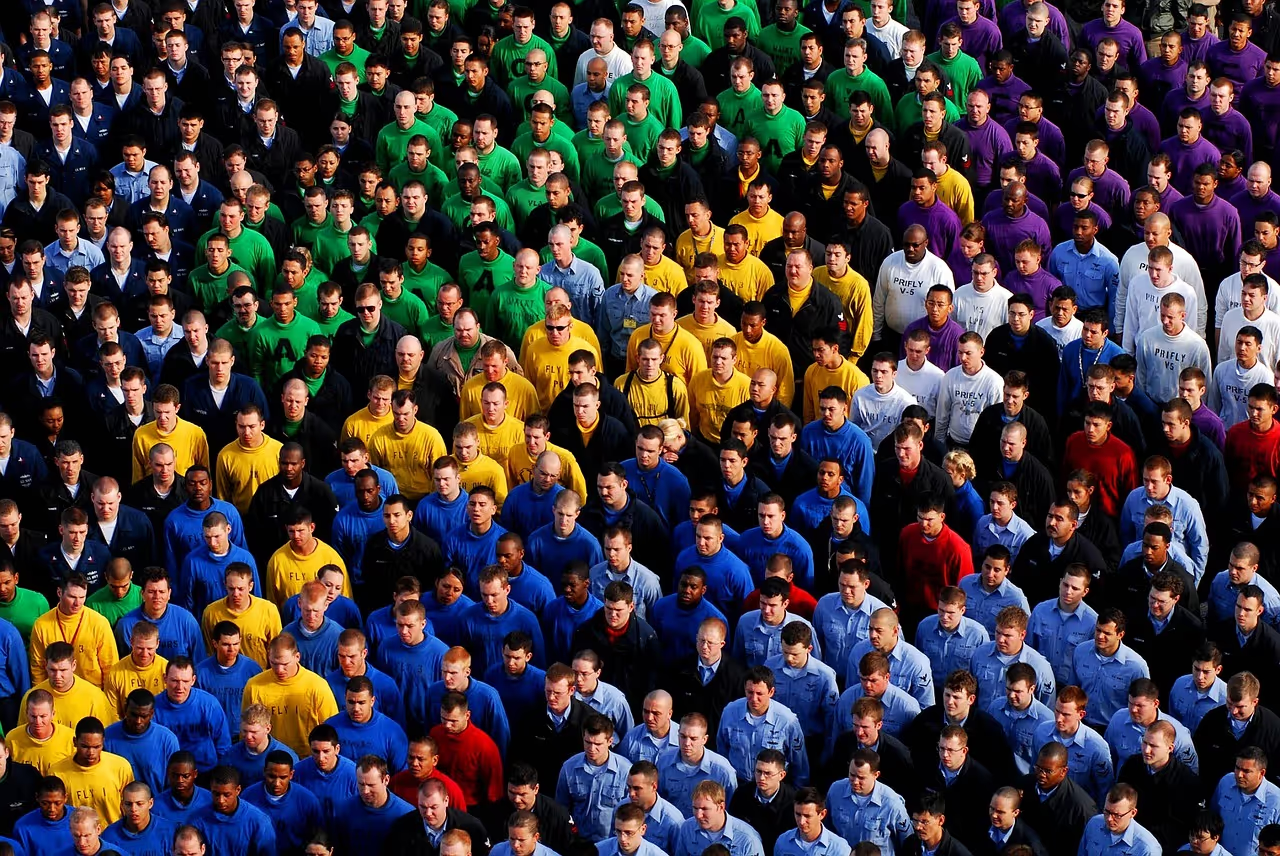Category: Politics
Events:
Articles:

February 6, 2024
Decolonizing Science Means Taking Indigenous Knowledge Seriously
Decolonization not only requires greater inclusion of marginalized knowers, but it also requires that systems are put in place that enable and fund Indigenous-led and conceptualized research and policy-making processes.

January 30, 2024
What Does Decolonization Mean for Conservation?
Humans are naturally prosocial. But we need to address our underlying power structures and rethink our policy actions.

January 23, 2024
If Colonialism in Africa is Dead, Would That Make Forest Conservation its Ghost?
Policies and abusive practices against local people in Africa mirror the colonial experiences of their forebears.

January 16, 2024
What Will It Take To Decolonize Ecology?
It is more important than ever to engage researchers from historically marginalized groups and the global South as equal partners in efforts to make Ecology and Evolutionary Biology genuinely collaborative and socially just.

January 9, 2024
Towards a New Understanding of the Relationship Between Humans and Nature
It is a sad reality that recognition for many scientists depends on their nationality and how much exposure they have obtained from the Global North rather than the intrinsic quality of their scientific research.

November 30, 2023
Moral Rigidity Evolved to Strengthen Bonds Within Groups
Moral rigidity and its intimate link to in-group boundaries may have evolved so as to make us behave, and be seen, as trustworthy yet cautious team members in social environments mired by intergroup competition.

November 14, 2023
Why Religious Extremism is Maladaptive
Religious systems that lose their adaptability become dangerous to the societies in which they exist, and to themselves, because they absolutize the relative.

November 2, 2023
In the Eye of the Beholder: Parochial Altruism, Radicalization, and Extremism
Radicalization is an inherently relational concept. One can only be radical in relation to someone who is not. Similarly, one cannot be extreme without an accepted center norm. But the center is not a fixed state. It shifts and changes across time, place, circumstance, and culture.

October 26, 2023
Conservative Extremists Are Afraid of Threats That Don't Exist
Crucially, the pattern of heightened reactivity and credulity toward potential threats characteristic of the conservative mind is not associated with fearfulness or timidity, but with confidence in the ability to triumph through force.

May 30, 2023
The Third Way of Entrepreneurship and the Art of Public Policy: A Conversation with David Colander
There are many sectors of the economy where for-benefit corporations are a better structure than either for-profit corporations and not-for-profit corporations as currently structured.

May 25, 2023
Socialism, Capitalism, and the Third Way of National Governance: A Conversation with Geoffrey Hodgson
The failure of laissez-faire and centralized planning, revealing the need for the Third Way of entrepreneurship and all other forms of positive social change, should exist at all scales of governance.

May 23, 2023
Pragmatism as the Third Way of Entrepreneurship: A Conversation with Trygve Throntveit
Positive systemic change must be the target of selection. Alternative social practices must be oriented toward the target of selection.

February 11, 2022
The Solution To Climate Change Is To Talk About Climate Change
Maintaining optimism in the face of what is an overwhelming climate crisis is absolutely necessary, even vital.

December 9, 2021
Evolutionary Mismatch, Partisan Politics, and Climate Change: A Tragedy in Three Acts
Climate change is the quintessential Tragedy of the Commons problem of our time. But there are cultural strategies that may offer solutions.

October 28, 2021
Will to Fight for the Future Can’t Be Bought
Only by understanding the psychology of sacred values can we predict the willingness to sacrifice for those values.

April 9, 2020
The Fossil Fuel Industry: The Greatest Threat to Human Wellbeing
Fossil fuel companies have an incentive to prevent policies that would keep them from selling their assets. We should not be surprised, therefore, that these companies have taken steps to prevent such an outcome.

February 27, 2020
The Cultural Evolution of Social Pathologies: Introduction to a Series of Essays by Anthony Biglan
The fact that evolutionary selection pressures so often result in social pathologies might be hard to accept, but once faced squarely it can lead to an optimistic point of view.

August 16, 2017
Addressing White Supremacy, Hate and Inequities in our Global Village
Creating a truly functional, equitable, stable and sustainable nation certainly won’t be easy but a “blueprint,” can be found in our evolutionary past. What will it take? Those with the most power recognizing the realities of white supremacy, finding what’s needed to upscale this blueprint, and having the courage and vision to do so.

April 27, 2017
This View of History Webinar: A Conversation With Peter Turchin
Peter Turchin discusses his new book "Ultrasociety: How 10,000 Years of War Made Humans the Greatest Cooperators on Earth". Ultrasociety chronicles 10,000 years of human history from an evolutionary perspective, shows how warfare paradoxically caused us to become the greatest cooperators on earth, and begins to point the way toward a future without war.

February 1, 2017
Xenophobia in the Light of Evolution: On the Origins of Anti-Immigration Sentiment
Besides racial prejudice, what else are there behind xenophobia? Among the evolved human instincts, we can find at least two for the anti-immigration sentiment: territoriality and the endowment effect.

March 4, 2016
The Ends of War: Human Evolution and the Origins of Inter-Group Violence
If we want to understand the beliefs and behavior of people locked in deadly conflict with each other, we first need to consider these traits in their natural context, and that means understanding war in human evolution.

March 2, 2016
When Democracy Meets the Ghost of Evolution: Why Short Presidents Have Vanished
Size matters in politics: America hasn’t seen a president shorter than 5’7” since William McKinley. A main culprit, unbeknownst to many, comes from voters’ cognitive biases—the work of evolution. And the conundrum took a theatrical turn early this year when Marco Rubio, a Republican presidential hopeful, was spotted wearing a pair of new boots. #bootgate

February 11, 2016
What Donald Trump & Company Need to Know About Evolution
Why should anyone care about evolution literacy when so many other issues clamor for our attention, such as the economy, inequality, climate change, terrorism, and the refugee crisis? The answer is that evolutionary theory can help us understand and provide solutions to each and every one of these issues.

February 2, 2016
Review of "Ultrasociety: How 10,000 Years of War Made Humans the Greatest Cooperators on Earth"
Professor Turchin’s new book Ultrasociety identifies the causal mechanisms hidden in the twists and turns of human civilisation by quantifying the rise and fall of empires.

November 18, 2015
A Christmas Truce in the Study of War
Just as the soldiers of the ‘Christmas Truce’ lived the experience of their psychological plasticity, modern behavioral scientists must give greater attention to the dynamic interaction of evolved mechanisms for war and peace, rather than studying each in exclusivity.

July 5, 2015
Truth and Reconciliation for Social Darwinism
The term "Social Darwinism" is associated primarily with the moral justification of inequality, resulting in policies such as withholding welfare for the poor, colonialism, eugenics, and genocide. We would like to confront this legacy directly.

September 11, 2013
Making The Right Mistakes: Error Management And The Evolution Of Errors
An evolutionary perspective on psychological biases tells a very different story about decision making.If we have learned anything from recent years in the behavioral sciences, it is that humans have numerous but systematic psychological biases that steer our judgment and decision-making away from what one might expect if we were even-handed in weighing up costs, benefits and probabilities.

February 12, 2013
D-Day: Darwin’s March on Politics
If we are to understand human behavior, evolutionary theory offers the single most powerful and parsimonious framework for doing so. As editors of the politics section, we aim to provide a forum for all new research on politics, irrespective of topic or level of analysis, but unified by a common focus on applying the insights of evolution to the many puzzles of political behavior.
our newsletter








































































